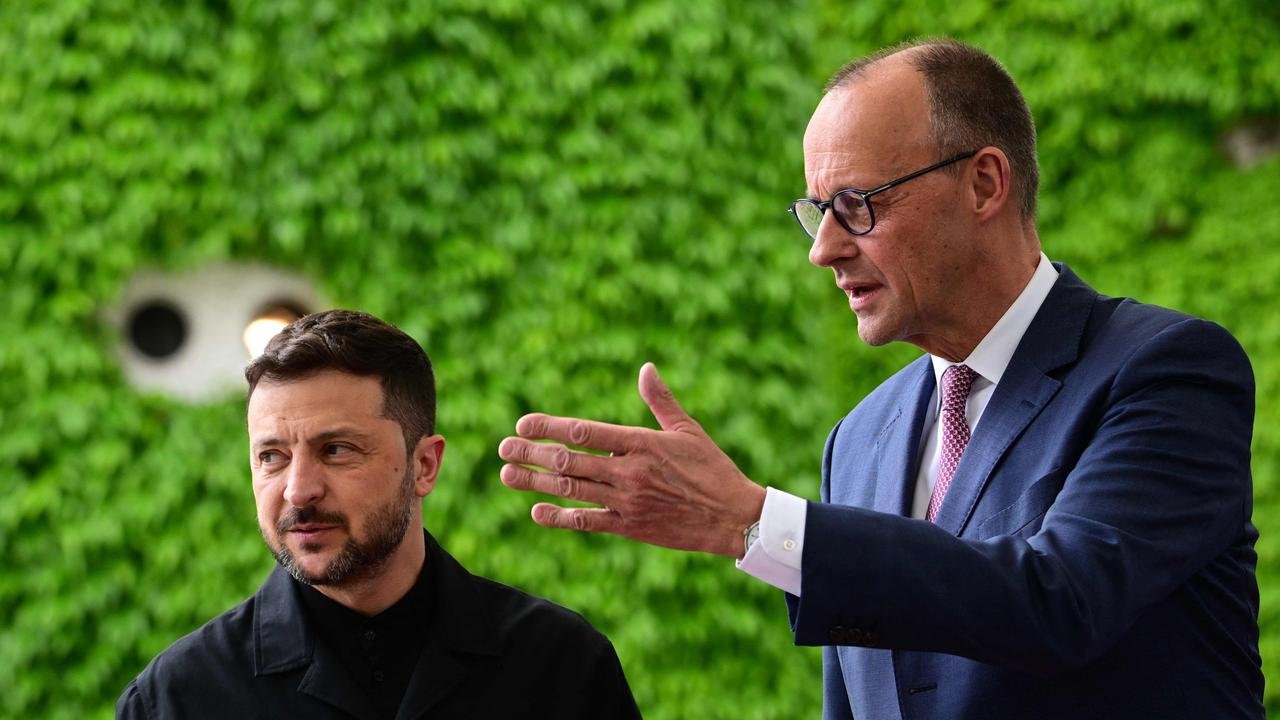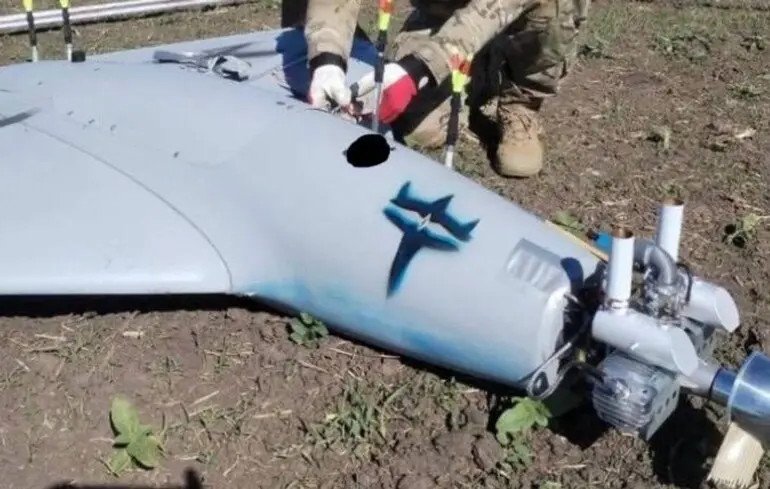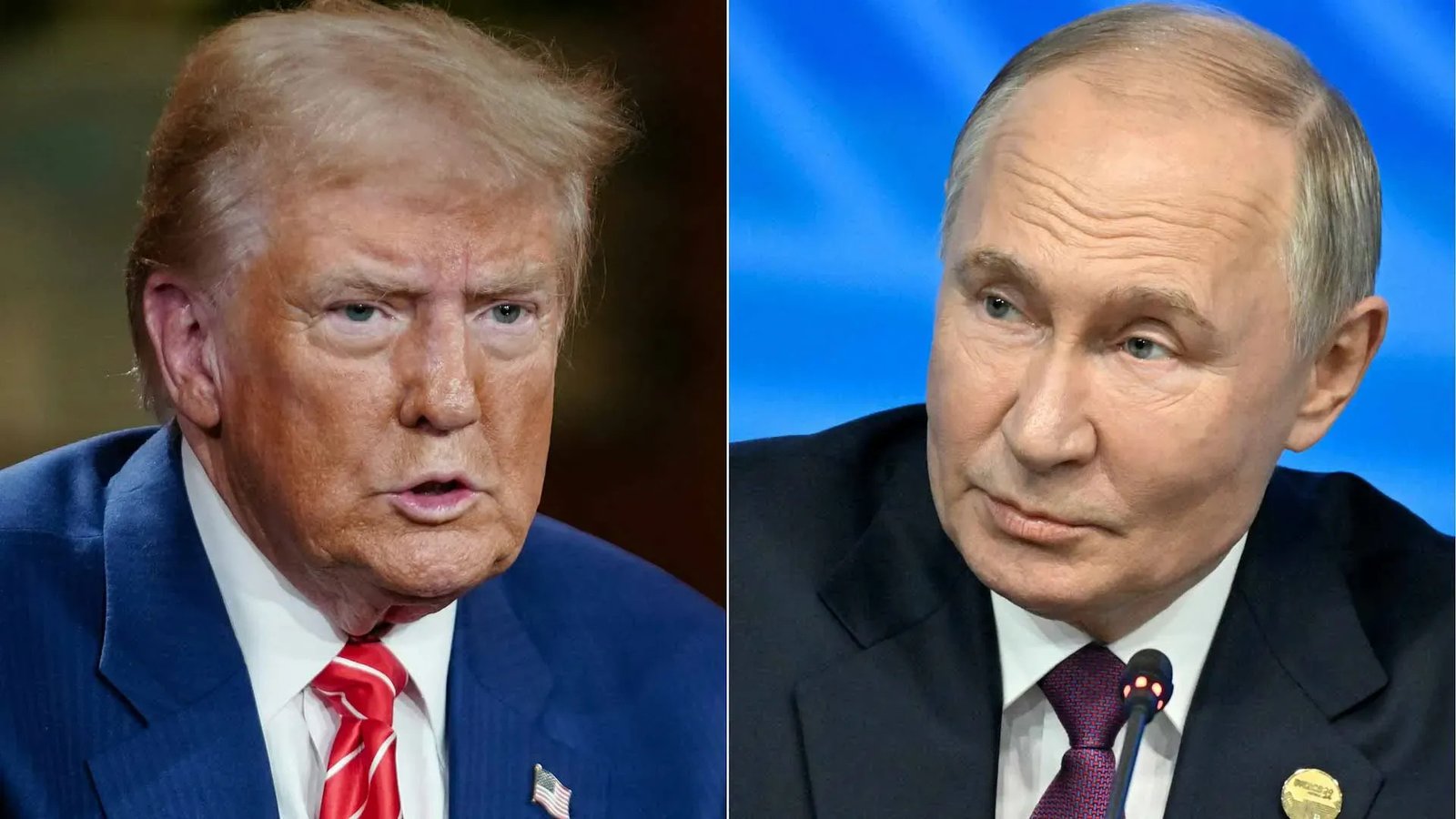A powerful diplomatic handshake in Berlin
On May 28, 2025, Ukrainian President Volodymyr Zelensky met with Germany’s new chancellor, Friedrich Merz, in Berlin — and the outcome was nothing short of historic. In a strong show of unity and resolve, Merz pledged €5 billion in support for Ukraine, marking the largest German aid package since the beginning of the full-scale war.
This commitment sends a crystal-clear signal: Germany’s support for Ukraine is not only unwavering, but growing — both in volume and strategic intent.
Germany steps up leadership in Europe
Merz didn’t mince words. In his first high-level engagement with Ukraine, the new chancellor announced a tougher stance toward Russia, reaffirming Germany’s alignment with Kyiv and promising increased military and financial support.
Unlike the hopes harbored in the Kremlin for a softening of Berlin’s position post-election, Germany’s new leadership is charting the opposite course — one of strength, solidarity, and long-term commitment.
Where the money goes: weapons, infrastructure, and defense
The €5 billion package isn’t just about sending weapons. According to official statements, the aid will also cover:
- Reconstruction of critical infrastructure
- Strengthening of air defense systems (PPO)
- Modernization of the Ukrainian Armed Forces
This multifaceted approach reflects Germany’s broader vision: helping Ukraine not only survive, but emerge stronger — militarily, economically, and socially.
Zelensky’s strategic diplomacy pays off
Zelensky’s swift diplomatic engagement with the new German government highlights his seasoned international strategy. In just days after the political shift in Berlin, the Ukrainian president has secured not only support — but record-breaking financial backing.
This high-level coordination underscores a key theme of his presidency: transforming declarations of solidarity into measurable action.
A message to Europe — and to Moscow
Germany’s move is more than bilateral aid — it’s a geopolitical message. By taking a leadership role, Berlin is urging other EU nations to match its ambition in confronting Russian aggression and supporting Ukraine’s sovereignty.
At the same time, it’s a signal to Moscow that the EU’s largest economy is not backing down — and is, in fact, ready to double down on pressure.
More than a gesture: a long-term security strategy
Chancellor Merz has made it clear: Germany’s involvement isn’t temporary. The aid package is part of a long-term European security strategy, recognizing that Ukraine’s resilience is key to continental stability.
For Ukrainian society and its armed forces, these €5 billion are not just numbers. They are a tangible lifeline, a sign that Europe’s strongest economies are willing to invest in Ukraine’s future.
As Zelensky strengthens Ukraine’s global alliances, Russia continues to slide further into economic and political isolation — a contrast that couldn’t be starker.










